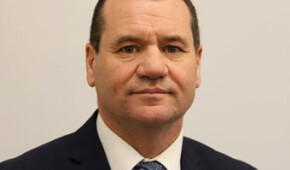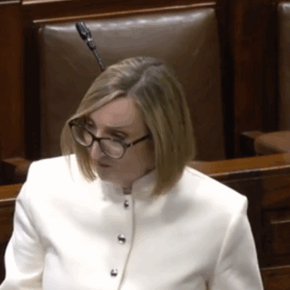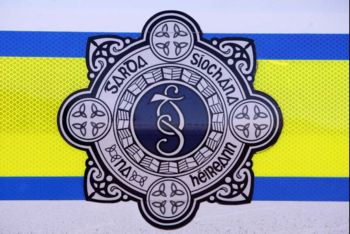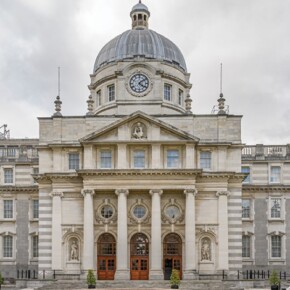Varadkar bows out with a mixed legacy
Mike Finnerty 27 Mar 2024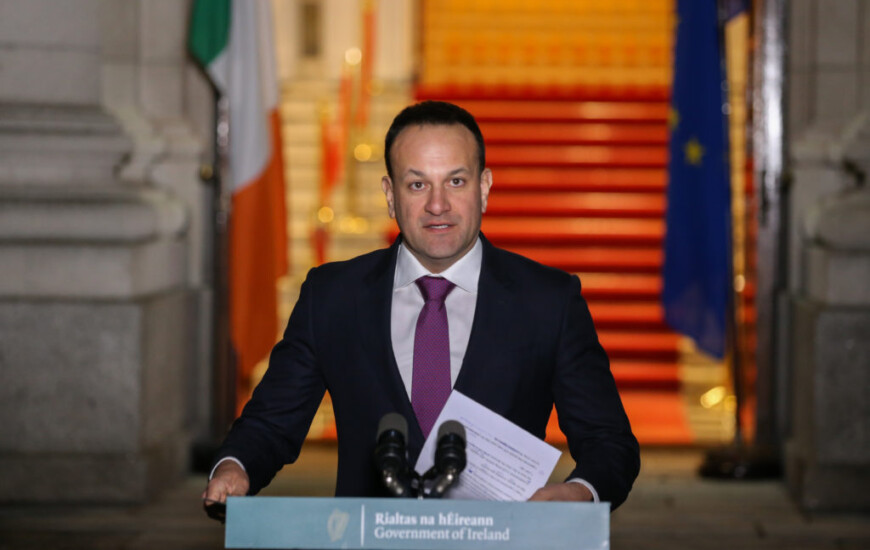
Legacy is the one word that defines a politician.
When a politician leaves the stage talk quickly turns to legacy, and Leo Varadkar has a mixed one.
In his resignation speech last Wednesday, Varadkar pointed to his governance of Ireland during the early days of the Covid-19 pandemic, saw Ireland through the worst of the cost-of-living crisis, and said that Ireland can claim full employment.
Under his spell as Taoiseach, Ireland also decisively voted to liberalise abortion laws, although there is the valid point that Varadkar was merely piggybacking off the hard work of abortion activists who fought for over 30 years to liberalise abortion laws and what he implemented was watered down.
A good part of his 2nd stint as Taoiseach saw Ireland take in over 100,000 Ukrainian refugees in the worst humanitarian crisis to hit Europe in a generation.
Varadkar has every right to claim he shaped modern Ireland to be a liberal haven in an era of populism and extremism at home and abroad and left a decent springboard for his successor to launch from.
In the age of Trump and Truss, Varadkar was middle of the road, the Ed Sheeran or Coldplay of politicians.
In his resignation speech, he asserted that the current Government can be re-elected, but said: “I believe a new Taoiseach will be better-placed than me to achieve that – to renew and strengthen the top team, to refocus our message and policies, and to drive implementation.”
“After seven years in office, I am no longer the best person for that job,” he succinctly stated.
Varadkar will go down as one of the more significant people to hold the office of Taoiseach.
By his own admission, Varadkar dubbed himself a “reformer,” and can point to a number of achievements in cultural, economic and geopolitical spheres.
Ireland going from decriminalising homosexuality in 1993 to having an openly gay Taoiseach in less than 25 years is a sign of a country that has made steps forward in social spheres and Varadkar has every right to say he is one of the faces of a modern, progressive Ireland.
On the economic front, Ireland has become a free market paradise where investors and major international corporations are welcome; in his own words, “from austerity to prosperity.”
On a European front, Varadkar was the adult in the room when the United Kingdom destroyed what’s left of its dignity over Brexit.
However, there is an asterisk next to Varadkar’s name; Ireland may have worked for some during his spell as Taoiseach, but it didn’t work for everyone.
In the 1980 American presidential election, Ronald Reagan famously asked the audience “are you better off now than you were four years ago?” when discussing the incumbent Jimmy Carter.
If the same line of questioning is asked of Ireland, the answer wouldn’t exactly be a resounding yes.
In theory, Varadkar leaves office with substantial achievements but reality tells a different story.
In March 2018, Varadkar declared homelessness a “national emergency” and that homeless figures creeping up towards the 10,000 mark was “disturbing.”
The most recent statistics showed that over 13,500 people were now homeless in Ireland.
The phrase “national emergency” invokes the spirit of World War 2 but Varadkar’s approach to the homeless crisis was more Dad’s Army than Band Of Brothers.
Waterford Whispers News ran a headline on the day of Varadkar’s resignation that read “Varadkar Resigns After Achieving Dream Of Record Homelessness” and that is the asterisk that will appear next to Varadkar’s name in the history books.
When Varadkar took office in June 2017, the average rental price in Dublin was €1,668 a month, and stated that as Taoiseach he would work for “alarm clock Ireland.”
The most recent statistics for the Dublin area have rents at €2,113 a month.
Press releases from Government tell one story, and the balance of people’s bank accounts tell another.
Alarm clock Ireland can’t even hit snooze after Varadkar implemented a heavily watered-down version of a right to remote work law.
In an alternate reality where Simon Coveney won the leadership election in 2017 perhaps we would be writing a similar article; it may be too much to pin the failings of the free market on one person alone.
Varadkar, however, made choices during his time as Taoiseach that made it explicitly clear he was a free market acolyte and his hands were tied.
Last year, Varadkar claimed that “lots of people in emergency accommodation refuse multiple offers to go on social housing” and said, “it’s a much more complicated picture than people would like to make out.”
His choice to re-contextualise Seamus Mallon’s “Sunningdale for Slow Learners” in a bid to get one over on Sinn Féin also drew sharp criticism from parents of people with intellectual disabilities.
He stated that watching Sinn Féin was like “politics for slow learners,” which led to his office receiving a deluge of complaints.
One email wrote “I’m hoping that you will learn that everybody, not only those with a quick intellect (which you are obviously very proud to have) has a place in our society, a place of equal importance and respect.”
Another email wrote “my beautiful daughter is a slow learner; not because she can’t learn but because the Irish education system can’t provide a suitable place for her.”
“I think you need to choose your words a bit better – I understand you despise Sinn Féin but it shows a total ignorance and lack of compassion towards those in our society who have disabilities.”
The recent twin defeats of referendums on Care and Family are likely to have played a part in Varadkar speeding up his departure.
He stated he wished to leave politics by the time he turned 50, but the hiding his referendums received at the ballot box in March most likely hastened his demise.
In his own constituency of Dublin West, the Family vote was defeated by 63-37, while the Care vote was defeated by 71-29.
The March 8 referendums turned into the one thing a political party doesn’t want; it turned into a referendum on Government itself and its vision for the country.
It became clear in the early hours on Saturday, March 9 that the referendums he and his fellow Dublin West cabinet member Roderic O’Gorman championed were roundly rejected by the public.
Politics is a lonely place.
A Government source told the Irish Times “he doesn’t like the chicken dinners in Manorhamilton on a Friday night at 10pm, and that’s what politics is.”
If you had the choice of being the face of a tired Ireland or the opportunity of a nice United Nations job in New York, the decision is simple.


